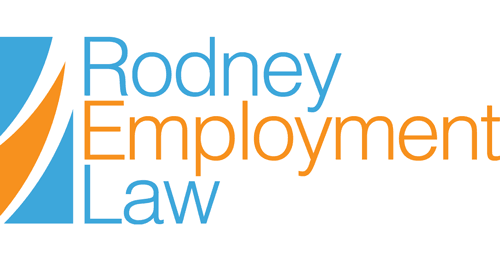Harassment of any kind has no place in the workplace. Employers are legally obligated to ensure the work environment is safe and free from any form of workplace harassment or workplace sexual harassment. With Bill 132 coming into effect September 8, 2016, it is important for you to be aware of the expanded definition of harassment along with key changes under the legislation. Proper policies and training need to be in place to protect your employees and your organization against potential claims.
It is important to be proactive when it comes to dealing with workplace harassment issues. Claims of a “poisoned work environment” often stem from companies failing to exercise proper “due diligence” after receiving a harassment complaint. To satisfy their obligations, employers must make every effort to deal with, and resolve harassment complaints in a reasonable and timely manner. If possible, it is always best to try and stop potential problems before they even happen.
The amendments under Bill 132 are designed to fill in some of the gaps left by the previous Bill 168. For example, Bill 132 amends the current definitions of harassment in the workplace to include a specific definition of “workplace sexual harassment”. As a result, a number of clauses in the current Occupational Health and Safety Act (OHSA) will be amended, creating additional obligations for employers, including measures for workers to report incidents of workplace harassment to person other than a supervisor, if they are the alleged harasser.
Key takeaways for employers:
- The definition of workplace harassment has been broadened to include a separate definition for “workplace sexual harassment”
- Employers will need to work directly with their Joint Health and Safety Committee/Representative to create new workplace harassment programs, which will need to be reviewed annually
- Ensure training of all employees on the expanded definition of “workplace harassment” and “workplace sexual harassment”
- Employers are required to conduct workplace investigations into all incidents or complaints of workplace harassment and inform both the worker and alleged harasser of the results
- New allowances for the Ministry of Labour to order an employer to conduct an investigation using a qualified third party, at the expense of the employer
- Both individuals and corporations face fines for non-compliance of up to $25,000 and imprisonment for individuals and up to $500,000 in penalties for corporations.
If you or your company have any questions or require assistance complying with Bill 132, don’t hesitate to contact us today. We can help ensure you are compliant by creating proper policies and programs for your organization, performing any necessary workplace investigations, and dealing with all harassment issues both proactively and reactively to ensure due diligence.
